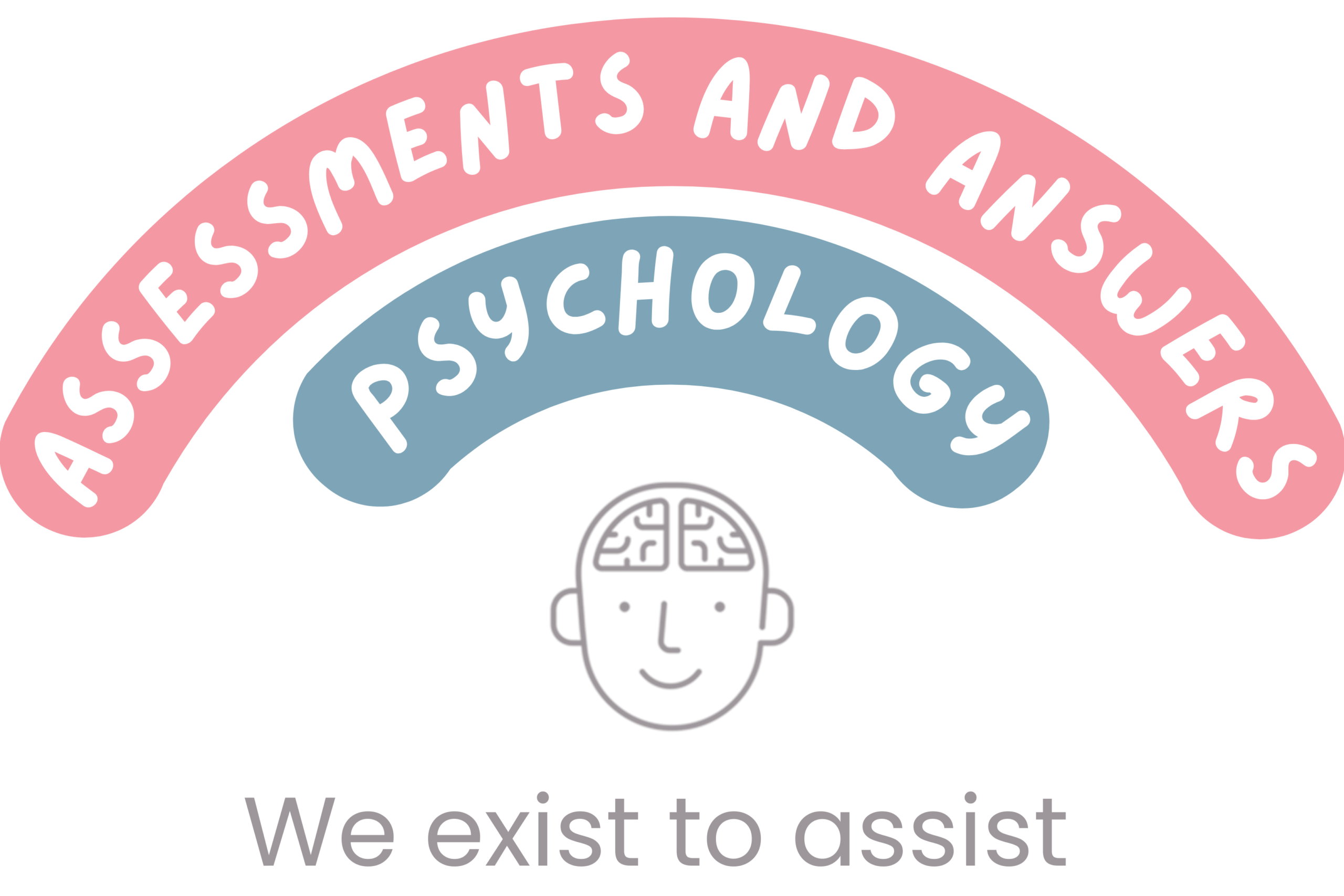Mobile ADHD Assessment for Children
Serving Brisbane, Ipswich, Logan, Gold Coast, Sunshine Coast, Toowoomba, and Highfields
What is ADHD?
ADHD (Attention-Deficit/Hyperactivity Disorder) is a neurodevelopmental condition that affects attention, activity levels, and impulse control. It can look different in each child—some are mainly inattentive, others more hyperactive, and many show a mix of both.


When to Seek an ADHD Assessment
Consider an ADHD assessment if your child shows ongoing difficulties with attention, excessive movement, impulsivity, or managing emotions. These challenges often affect school performance, friendships, and daily routines. If these behaviours stand out compared to other children their age, or are causing stress at home or school, an assessment can help clarify what’s going on and guide the best support for your child.
Common Signs of ADHD

What Is a Comprehensive ADHD Assessment?
Our ADHD assessments are more than a quick test, they’re a thorough process designed to understand your child’s unique strengths and needs. We gather information from parents, teachers, and your child through interviews, questionnaires, and child-friendly activities. This helps us see the whole picture, not just the symptoms.


How a Comprehensive Assessment Fits Into ADHD Support
- Clarifies the Full Picture: Our assessments explore your child’s strengths, challenges, learning style, and daily experiences, so we can see the whole child, not just their symptoms.
- Guides Individualised Support: The insights from the assessment help us—and you—decide what strategies, accommodations, or therapies will be most effective at home and school.
- Informs Next Steps: If medical treatment (like medication) is appropriate, the assessment provides essential information for your GP or paediatrician. If other supports (like behavioural therapy or school adjustments) are needed, our recommendations will guide you there.
- Supports Ongoing Collaboration: ADHD care often involves a team—parents, teachers, health professionals, and sometimes specialists. Our assessment gives everyone a shared understanding to work from.
Ready to take the next step?
If you’re concerned about your child’s attention or behaviour, contact us to discuss your concerns or book an assessment.

Assessment Process & Timeline

Our comprehensive ADHD assessment is designed to provide a thorough and accurate evaluation of attention-deficit/hyperactivity disorder (ADHD). Please note that this assessment does not guarantee a diagnosis of ADHD. The results should be reviewed with your child’s paediatrician or psychiatrist for a full interpretation and to explore any further treatment or referrals.
Session 1: Diagnostic Interview for ADHD (Young DIVA-5)
The Young DIVA-5 is a structured clinical interview designed to assess ADHD symptoms in children and adolescents aged 5–17 years. The interview is based on the official diagnostic criteria outlined in the DSM-5 and is specifically adapted for younger individuals. Whenever possible, the Young DIVA-5 should be completed with the young person and a parent or family member present.
This session is estimated to take 1 hour to complete.

Session 2: Cognitive Assessment (WPPSI-IV or WISC-V)
A cognitive assessment is important when assessing for ADHD in children because it helps identify strengths and weaknesses in thinking and learning skills, and distinguishes ADHD-related difficulties from other cognitive or learning issues. This ensures a more accurate diagnosis and supports tailored intervention planning.
The assessment administered will depend on your child’s age:
- Ages 2–5: Wechsler Preschool & Primary Scale of Intelligence (WPPSI-IV)
Engaging, play-based activities assess early reasoning, language, memory, and processing speed, providing insight into your child’s developmental strengths and needs. - Ages 6–16: Wechsler Intelligence Scale for Children (WISC-V)
Evaluates cognitive abilities, language, academic skills, and executive functioning to inform diagnosis and support planning.
This session is estimated to take up to 2 hours to complete.
Session 3: Test of Everyday Attention for Children, Second Edition (TEA-Ch2)
The Test of Everyday Attention for Children, Second Edition (TEA-Ch2), measures various aspects of attention in children aged 5 to 15. In this session, the psychologist will use a combination of paper-based and digital tests that evaluate key areas of attention: selective, sustained, and switching. This helps explain why a child may experience difficulties with everyday tasks and activities, providing insight into their attention challenges.
This session is estimated to take 1 hour to complete.
Session 4: Feedback Session
Scheduled up to 4 weeks after the final assessment. The assessing psychologist will review the assessment findings and recommendations with parents or caregivers, who will be provided a comprehensive assessment report upon conclusion.
This session is estimated to take 1 hour to complete.
As part of our whole-child assessment approach, we also screen for emotional wellbeing using the Revised Child Anxiety and Depression Scale (RCADS). This brief questionnaire helps us identify whether anxiety or low mood may be impacting your child’s learning, behaviour, or daily functioning. Parents, and children where age-appropriate, are invited to complete the questionnaire. All information is confidential and helps us provide well-rounded, tailored recommendations.
Mobile Autism (ADHD) Assessment Fee Estimate: $2,370
(Based on 9 hours of clinical time, assessment materials, interpretation and analysis of results, a comprehensive report, and personalised recommendations)
